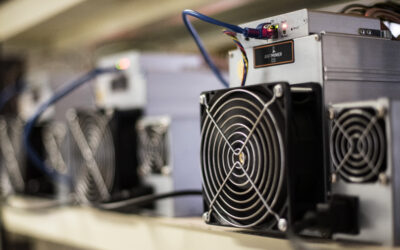
Exploring Bitcoin Mining Challenges
Bitcoin mining presents several challenges and ethical dilemmas that are important to understand.
Energy Consumption
One of the main challenges is energy consumption. Bitcoin mining is an energy-intensive process, and there are growing concerns about its environmental impact, especially if the energy used comes from non-renewable sources.
It’s important to understand that Bitcoin mining is profitable only when electricity is very, very cheap. Bitcoin miners typically don’t buy energy that competes with residential, industrial, and commercial energy users.
Bitcoin mining often occurs in places where the energy supply exceeds demand or where energy is wasted, such as South American hydroelectric plants or stranded natural gas plants in North America.

Mining Centralization
Although Bitcoin was conceived as a decentralized network, Bitcoin mining tends to centralize in places where electricity is cheaper. This could lead to less decentralization and potentially increase the network’s vulnerability.
Most of the global hashrate comes from the United States and China. The centralization of hashrate in a few countries creates vulnerability to the laws of those jurisdictions. For example, in 2021, China banned bitcoin mining, causing the global hashrate to drop by 50% in a few days and redistribute to other parts of the world like South America, Africa, and the United States.

Ethics and Social Responsibility
Bitcoin miners must consider the environmental and social impact of their activities. This includes using renewable energy, proper management of electronic waste, and contributing to local communities.

Conclusion
In conclusion, Bitcoin mining is not only a technical and financial challenge but also raises significant ethical and social issues that miners and the community at large must address.




